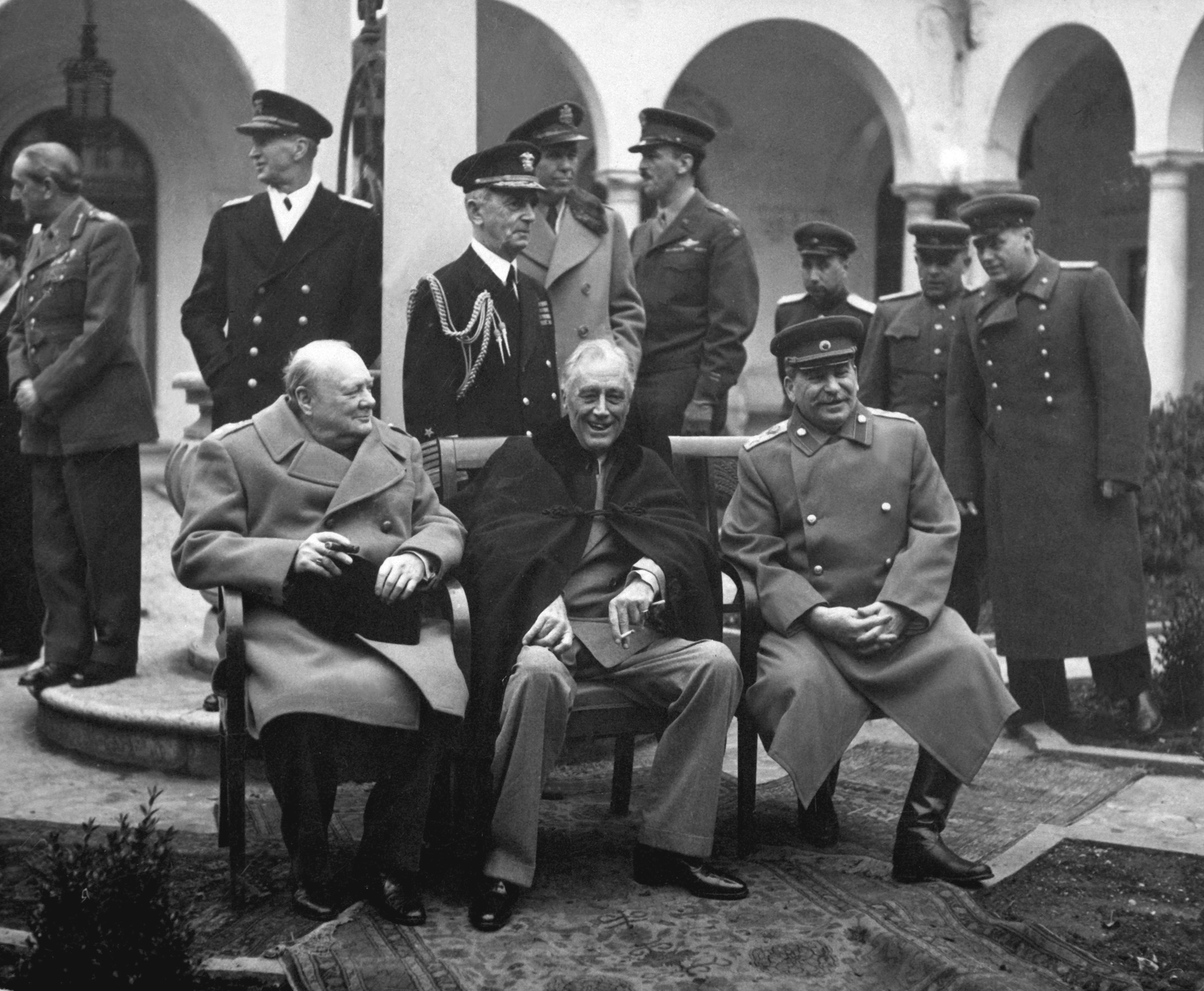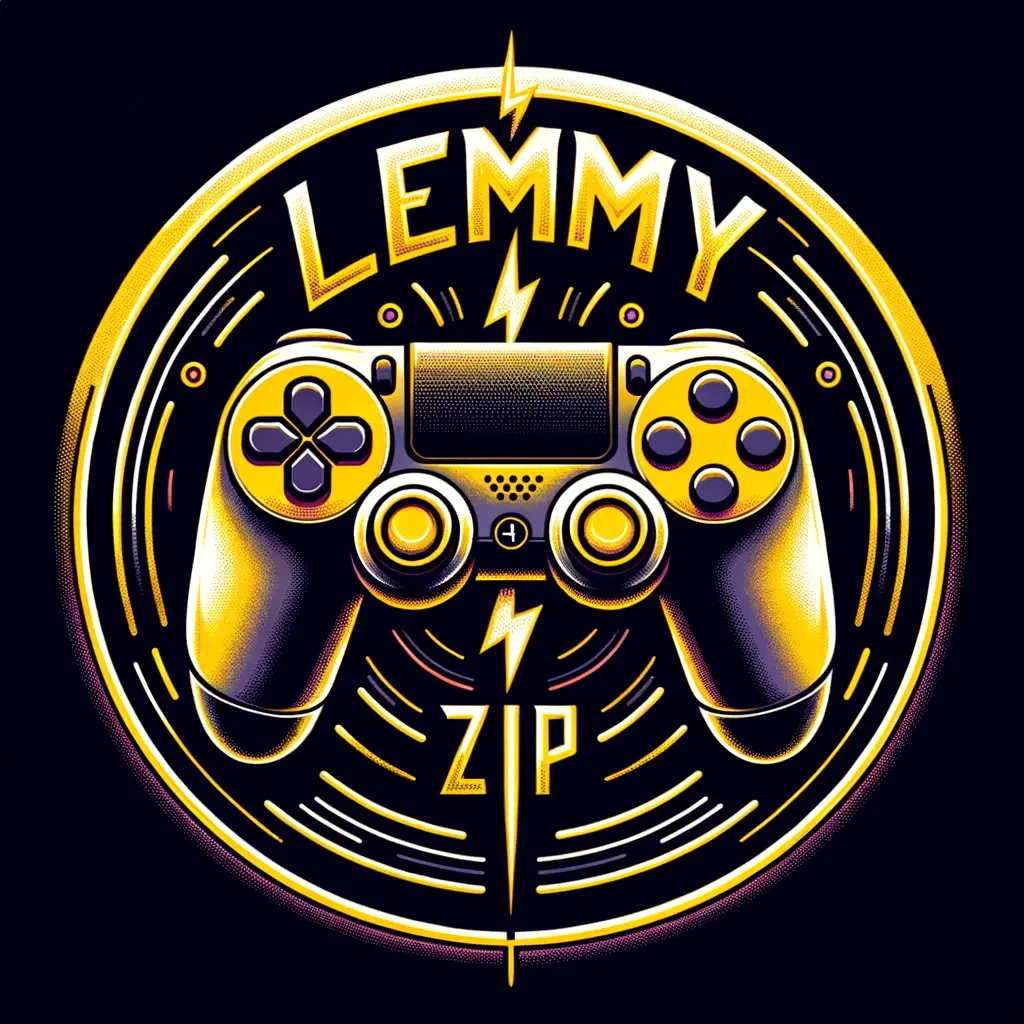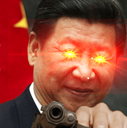

First as a tragedy, then as a tragedy, then as a tragedy, then as a…


First as a tragedy, then as a tragedy, then as a tragedy, then as a…


Wouldn’t want to dilute their mediocrity with good writing

I have a special plan for this world
Because pretending either of these parties have wide support of the working class is disingenuous at best. You have to drastically move the goalposts to try and retain any claim to truth.
Low voter turnout suggests that some segment of potential voters don’t support the given options. If voter turnout was 20% would you still think your adjusted claim is identical to your original? “When [some subsection of the working class] chooses to vote, it votes for one of the only two real options” borders on tautology.
Not to mention the extant parties have a duopoly over electoral institutions, meaning it’s illogical to assume that even the people that do vote necessarily support either party, rather than voting for whichever one they find less bad.
If half of people don’t vote, then that’s half of the population not voting Democrat or Republican.
I mean, that’s just as false as it is true. Voter turnout ranges from 40-60% depending on the year and election, meaning that roughly half of eligible voters don’t vote for either party. And generally, active voters skew wealthier, so I’d bet the stat is even more pronounced.


Okilly Dokilly and Babymetal maybe?


Is that the instance filtering that out? Thats removed lol
What are you trying to say?
I’ve heard it with varying degrees of the R sound. There’s a common shorthand “bougie” (BOO-zhee) that people often hear before learning the original term, so they’ll maintain the pronunciation into BOO-zhwa.
Sometimes the R is slightly swallowed so it sounds more like BOH-zhwa, maybe very light throat vocalization. Or people skip over it and it’s buh-ZHWA. Some commit fully for BOR-zhwa.
Universally seems to maintain (my non-native understanding of) the French “oi” and silent S.
I have yet to hear anyone pronounce it correctly: bor-gee-oice.


Lmao
Tankie is an empty signifier
That is to say, it’s a label that can be used to describe an array of different and conflicting ideas, values, and identities. Because of this it serves as an obfuscatory device rather than a communicative one. The sub-logic becomes tankie = bad, so if someone I don’t like = tankie, then person I don’t like = bad.
Almost none of us were alive when Khrushchev rolled tanks into Hungary. Most MLs aren’t particularly fond of Khrushchev.
It’s made a resurgence in this new, weird context because most of the terms used during the previous red scares lost their power through similar misuse. It’s become unfashionable to hate on leftism in progressive spaces, doing so using old terminology makes you sound like a fox news conservative. But you can do the same thing by calling it this instead.


The other replies in this thread are more specific to ultras, but more generally a lot of the problems with the western/online left stem from reading theory without reading history (and/or direct experience fighting against the mechanisms of capitalism). We might identify as materialists, but it’s an idealist materialism, because it’s purely identity, existing only in our heads or online.
It’s hard to overcome without access to effective orgs, though. Individual action is largely ineffectual and thus usually idealist. Systemic problems have to be engaged with collectively, so without organization the “correct” strategies are entirely hypothetical.
But more and more people are realizing this, I think. Labor organizing is becoming popular again and political orgs are growing. The red-state smallish city I just moved from started a DSA chapter this year and now has 20-30 members (a bunch of whom are MLs). Bevins’ recent book seems to be catching on among the western left.
Things are still pretty bleak, but it’s a “bad times breed opportunity” kind of bleak rather than a consuming hopelessness.


You forgot Ryan Drive from the movie Driver (2011)
Worth keeping in mind that these ideologies each have multiple self-definitions (the ideal with which they describe themselves) as well as a set of definitions from the perspective of each other ideology. Tack on semantic drift (words changing meaning over time, or growing different meanings in different contexts) and it can start to feel hopelessly complicated. And they each offer different ways of understanding the world and history, so on top of all the aforementioned complexity, they also interpret historical events and real-world applications of each ideology differently. So learning about them is a process where your understanding slowly moves from abstract to concrete by getting rough definitions then tempering them with seemingly contradictory definitions, over time building a network of understanding that includes the contexts of each perspective.
My perspective is largely coming from a communist ideology fyi. But here’s a quick rundown.
Capitalism is a system in which a class of owners leverage their ownership of productive assets to engage in non-equal exchange with the un-owning classes, most notably the exchange of labor value for a fraction of the products of said labor value. It necessitates a large government to enforce these hierarchies of ownership and exclusion. (Classical) liberalism is the ideology of capitalism. Conservatism is generally a subset of liberalism. It’s the culturally dominant ideology now, so most of what you see and read will come from this perspective, explicitly or not.
Communism is a theoretical system in which class tensions have resolved themselves. No one knows what it’ll look like, it’s explicitly a theoretical ideal. Communism as an ideology is advocating for the interests of the working class against the owning class. A country that calls itself communist would probably be doing so in reference to the ideology, rather than claiming it has achieved communism.
Socialism as an ideology can be synonymous with communism, although there are subsets of liberalism that have taken on the word to mean capitalism with welfare and regulations. Socialism as a system is the interim stage between capitalism and communism, the point where workers have seized control of the state and means of production and now have a strong influence over how class tensions develop.
What is this image lmao
Like why is fry on Jimmy Fallon holding a beer
Is it implying he’s the one saying the joke, while being interviewed on the talk show??
But like it’s a really old, common joke, whats the significance of this specific cartoon character repeating it on this specific talk show
Idgi
Freud was all about building interesting models for human consciousness, then using them to come to the wildest conclusions.
Tbf, with the sexually repressed and patriarchal society he was working in, there may have been some truth to the complexes he described. But to try and universalize them was a mistake imo.
Some interpret “penis envy” as a purely symbolic metaphor for envying the power and freedom given to men, with the inverse “castration anxiety” being fear of losing said power.
Freud hypothesized the subconscious had its own logic that was more about association than rational connection.


internal stuff is a mess
Oh that’s too bad lol. Guess I’ll check out the dsa since I already pay dues (my last chapter was mostly ML but I know that’s not true most places)


Are there any leftist orgs in Chicago that you’d recommend?


A notable contribution by decolonial theory to Holocaust/fascism studies is that these phenomena weren’t unprecedented, but were the mechanisms of colonialism turned inward. Denial or ignorance of this fact hints at the fascist base of social democracy within the imperial core.
Yeah, symbols are imperfect representations of their essences, and each layer of abstraction is ripe for ideological obfuscation. The entirety of our culture seems trapped in a semi-orchestrated signifier dance that suppresses not only class consciousness, but consciousness in general.